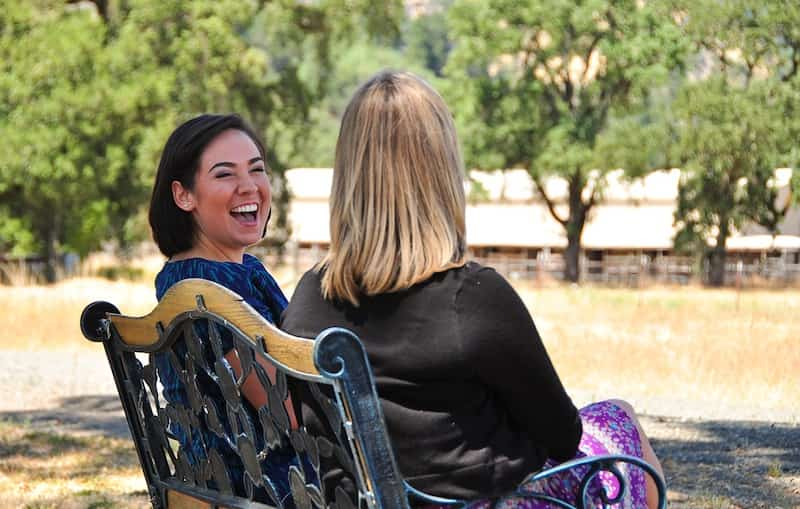This is the million dollar question. And if you’re the relative or friend of a loved one struggling with addiction, you’ve asked yourself that question many times. Why on earth would anyone want to continue a behavior that is so obviously ruining their life?
What you might not know is that most people in the early stages of addiction don’t even realize they even have a problem, so of course they don’t want to quit. They don’t connect the negative circumstances around them with their addiction.
They are in denial. For them, drinking or using is the solution, not the problem. So why would they stop?
Here’s the catch 22: even if they want to stop, they can’t. Why? Because they are addicted. So let’s learn more about the disease of addiction and how it works.
What Is Addiction?
The National Institute of Drug Abuse (NIDA) defines addiction as a “chronic, often relapsing brain disease that causes compulsive drug seeking and use, despite harmful consequences to the addicted individual and to those around him or her.” Let’s explore these concepts further.
Chronic
It stays. This is not a condition that develops overnight and can be instantly cured. In fact, there is no cure for chemical dependency. Even after recovery, the disease never completely goes away and there is always a relapse risk. Although there is no cure, it is possible to put the disease in remission and to enjoy a life of freedom in recovery.
Disease
Consuming alcohol and drugs alters the delicate balance of chemicals in the brain. Because substances imitate natural brain chemicals, over time, the brain stops producing its own chemicals, and the body ends up needing the synthetic substances just to return the brain to its fake “balanced “ state; otherwise, intense withdrawal symptoms will occur.
Relapsing
NIDA describes addiction as an “often relapsing brain disease.” So relapsing is a normal side effect of this disease. And while relapsing is devastating and discouraging, it does not mean failure. This is why it’s so important to recognize that recovery is not a place; it’s an ongoing and dynamic process.
Harmful
The disease is out of an individual’s control. While the initial decision to take the drug might have been voluntary, the brain changes that occur make it nearly impossible to quit without assistance. So even if loved ones experience severe sociological and physical consequences, they will find themselves unable to stop.
Can My Loved One Stop Drinking or Using?
Addiction is not a question of willpower or self-control—because these things don’t work on their own. Your loved one’s body has grown used to the drug and their mind craves it. They need it to feel normal.
Breaking out of this cycle requires more than raw determination; it also requires expert help. In order to beat addiction, your loved one needs to uncover the underlying issues of their addiction and learn the tools that will help them find lasting sobriety–the tools that they will find in treatment.
They can find help and hope in treatment, but what you need to do is figure out how to lovingly get them there. This is where staging an intervention comes in.
The Intervention Guide
We have compiled a FREE intervention guide to help you stage a successful intervention and help your loved one. Download the Intervention Guide now.






















